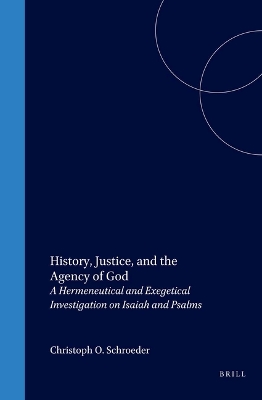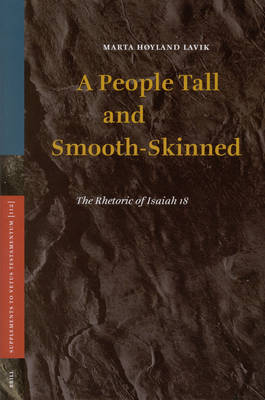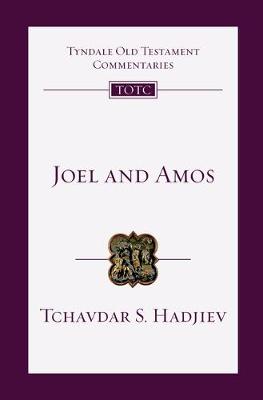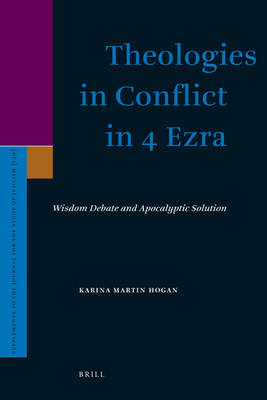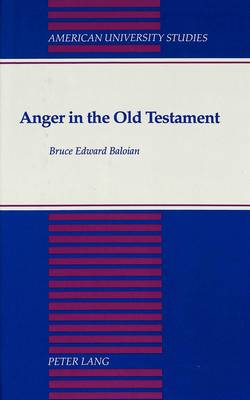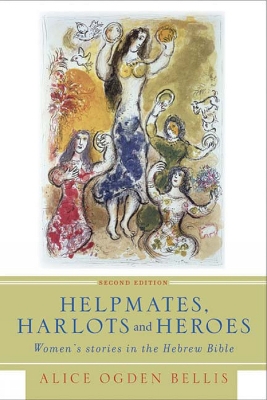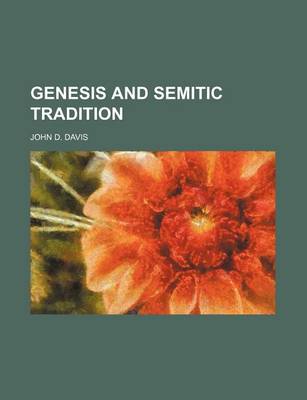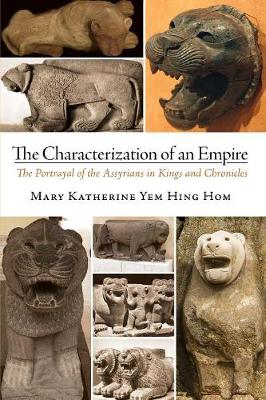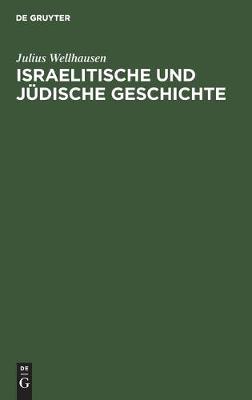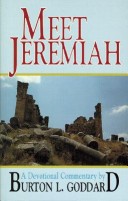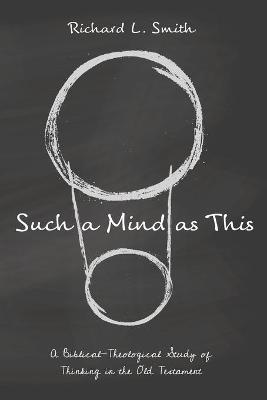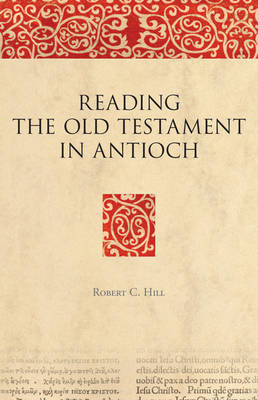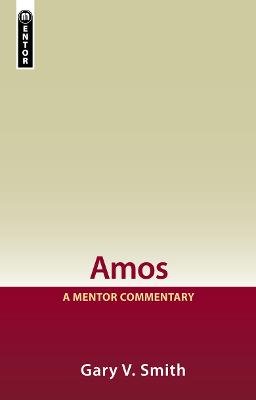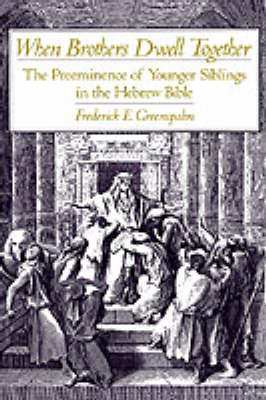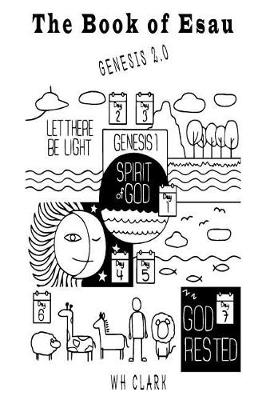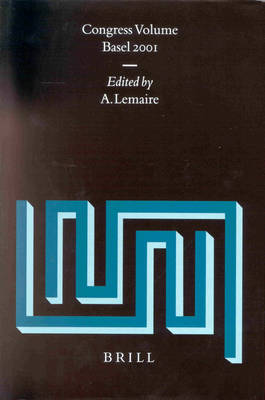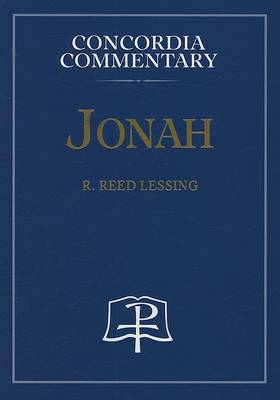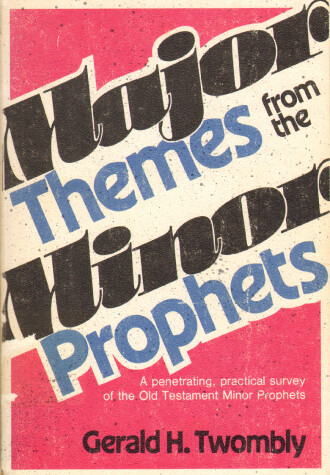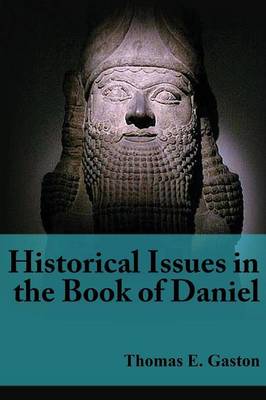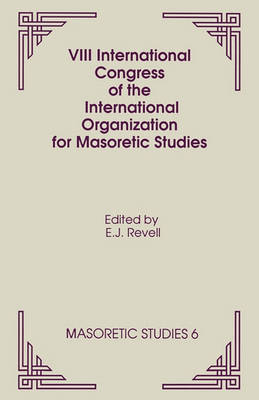History, Justice, and the Agency of God (Biblical Interpretation, #52)
by Christoph Schroeder
The central thesis of this volume is that the biblical view of divine agency in creation and history is realistic. History unfolds according to how human society relates to the sphere of powers that is beyond it. Next to the hermeneutical discussion this is demonstrated exegetically by analyzing texts from Isaiah and Psalms: (1) In Isa 6:9-10 the prophet receives the commission to proclaim and to anticipate YHWH's "strange work" in response to the people's violation of the torah. (2) The psalmis...
A People Tall and Smooth-Skinned (Vetus Testamentum, Supplements, #112) (Supplements to Vetus Testamentum)
by Marta Hoyland Lavik
This volume delivers an analysis of the persuasive artistry of Isaiah 18, i.e. how Isa 18 is designed in order to persuade an ancient audience. The analysis is pursued from four angles: the textual design, the motifs, the rhetoric of the text and finally, it is shown how the various strophes within each stanza of Isa 18 relate to one another. The present analysis demonstrates that Isa 18 is an example of Hebrew rhetoric, and that the text can be read as a coherent whole - even though the majori...
Joel and Amos (Tyndale Old Testament Commentaries, #25)
by Tchavdar Hadjiev
Theologies in Conflict in 4 Ezra (Supplements to the Journal for the Study of Judaism, #130)
by Karina Hogan
Recent scholarship on 4 Ezra has taken two divergent approaches, the first reading the dialogues between Ezra and Uriel as a reflection of theological debates in the author's time, and the second focusing on the psychological development of the protagonist. Combining the two approaches, this book offers a new interpretation of the dialogues as a literary representation of a debate between covenantal and eschatological wisdom, two branches of Jewish wisdom that emerged in the late Second Temple p...
Anger in the Old Testament (American University Studies, Series 7: Theology & Religion, #99)
by Bruce Edward Baloian
This best-selling book, now revised and updated, shares the work of many feminist biblical scholars who have examined women's stories for several years. These stories are powerful accounts of women in the Old Testament--stories that have profoundly affected how women understand themselves as well as men's perception of them. Here, Alice Bellis shares the research of feminist biblical scholarship during a quarter of a century, which renders a vast amount of refreshing, exciting, sometimes disturb...
Israelitische und judische Geschichte (de Gruyter Studienbuch)
by Julius Wellhausen
Erst 16 Jahre nach dem epochemachenden ersten Band einer "Geschichte Israels," 1878 erschienen (ab der zweiten Auflage 1883 unter dem Titel "Prolegomena zur Geschichte Israels"), publizierte Julius Wellhausen (1844-1918) im Jahre 1894 das urspr nglich als zweiten Teil geplante, nun aber relativ eigenst ndige Buch "Israelitische und j dische Geschichte." War der erste Teil, die sp teren "Prolegomena," eher der Analyse, vornehmlich der Quellen- und Tendenzkritik, gewidmet, sollte der geplante zwei...
Reading the Old Testament in Antioch (Bible in Ancient Christianity, #5)
by Robert C. Hill
In the period between the councils of Nicea and Chalcedon in the fourth and fifth centuries, the faithful in the churches of the ecclesiastical district of Antioch were the beneficiaries of the ministry of the Word from distinguished pastors. Included in this ministry were homilies on the Old Testament by John Chrysostom and written commentaries by his mentor Diodore and his fellow student Theodore, and later by Theodoret. Though the biblical text was admittedly Jewish in origin, "the text and t...
Amos (Mentor Commentary) (Library of Biblical Interpretation)
by Gary V. Smith
The book of Amos is full of wordplays, double entendres, pictorial visions, and direct statements of fact and judgement. Smith's job is to address the historical, stylistice and interpretative aspects of Amos: not just what is written, but also how and why the prophecies are recorded. Each chapter ends with him drawing together the interpretative threads arising from the passage.
Although primogeniture is commonly assumed to have prevailed throughout the world and firstborns are regarded as most likely to achieve success, many of the most prominent figures in biblical literature are younger offspring, including Isaac, Jacob, Joseph, Moses, Samuel, David, and Solomon. Adducing evidence from a wide range of disciplines, this study demonstrates that ancient Israelite fathers were free to choose their primary heirs. Rather than being either legally mandated or a protest agai...
Philosophy and Practice in Writing a History of Ancient Israel. Library of Hebrew Bible/Old Testament Studies, Volume 435.
by Megan Bishop Moore
Congress Volume Basel 2001 (Vetus Testamentum, Supplements, #92)
This volume publishes the papers given by invitation at the 17th Congress of the International Organization for the Study of the Old Testament, which was held in Basel from 5-10 August 2001. It presents a state of the art of the current exegesis of the Hebrew Bible, taking into account the latest research in general linguistics and semitic philology, as well as textual criticism (Massora Magna, Septuagint, Qumran manuscripts), ethno-sociology and archaeology. Feminist biblical studies are duly...
In the nineteenth century critical scholars dismissed the book of Daniel as a creation of the Hellenistic period, some four hundred years after the events recorded therein. Though there were some historical mentions, many of the characters, customs and situations described in the book were unknown to the nineteenth century scholar. Over the last century the curtain of historical ignorance has been slowly pulled back by archaeological discoveries and greater research. In Historical Issues in the...
VIII International Congress of the International Organization for Masoretic Studies
The Structure and Composition of Jeremiah 50-2 to 51-58 (Mellen Biblical Press S., #24)
by Alice Ogden Bellis
